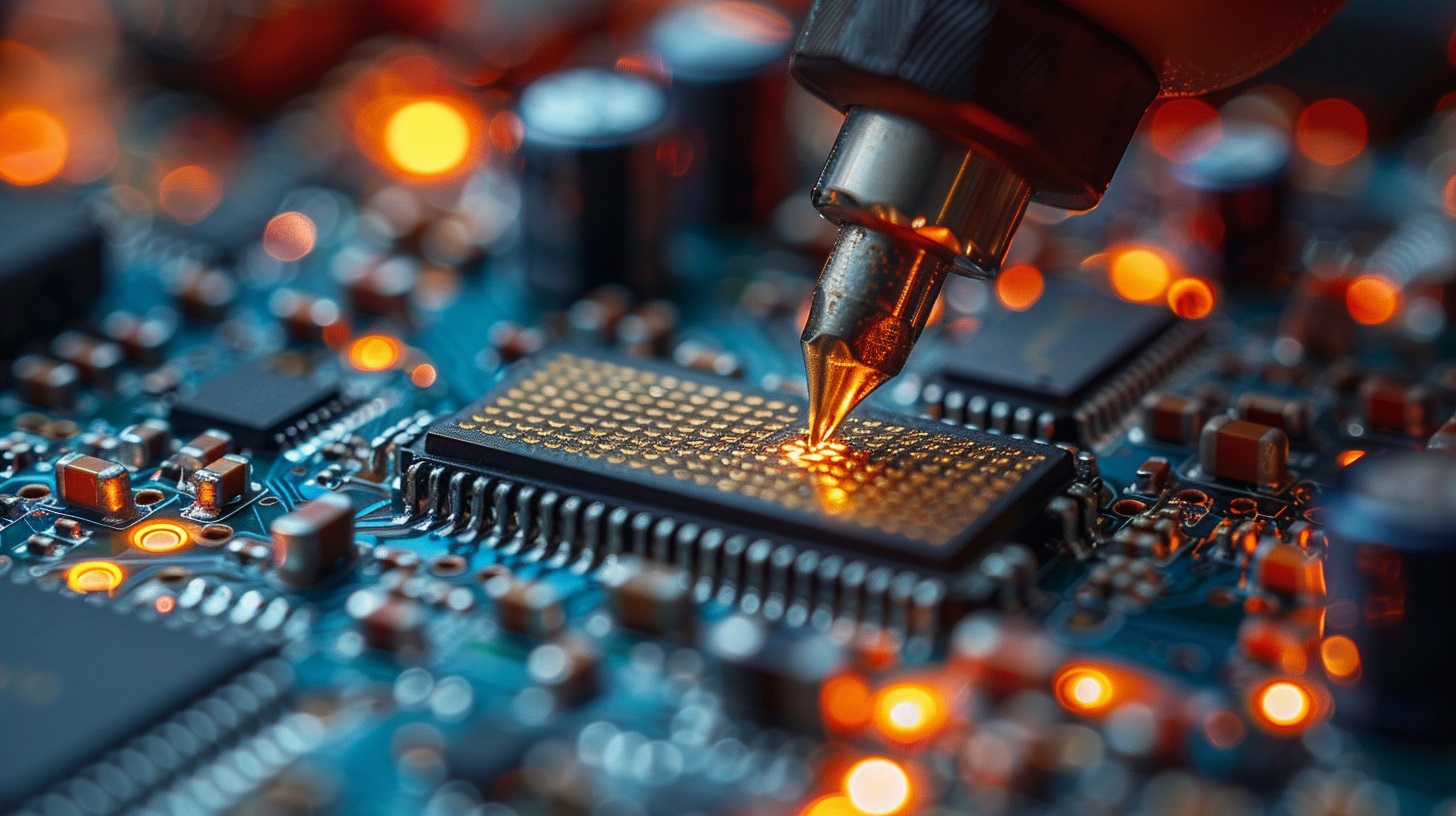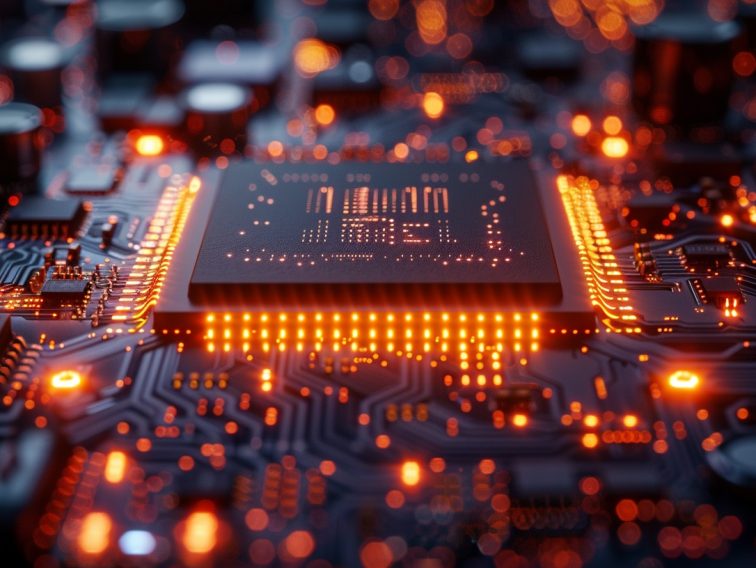Nickel-based alloys have become indispensable in AI chip manufacturing due to their remarkable attributes, which include high temperature resistance, excellent thermal and electrical conductivity, high strength, and resistance to corrosion and wear.
These alloys are composed of a combination of nickel and other metals such as chromium, molybdenum, and iron, which enhance their durability and performance under extreme conditions. As a result, they are ideal for applications in AI chip production, where maintaining operational integrity under high-stress environments is crucial.
These alloys are among the leading special materials driving revolutionary advancements in AI chip production, setting new benchmarks in the industry by allowing for faster processing speeds and greater efficiency. For the latest updates on how these materials are shaping the future of technology and innovation, keep an eye on Nornickel news, where you can find insights on the latest developments and trends.
Tackling the heat challenge in ai chips
AI chips, at the forefront of modern tech, drive rapid AI advancements with their powerful data processing abilities. These chips power complex algorithms and machine learning models essential for AI applications.
But, this high performance comes with a major heat issue. Chips generate a lot of heat during use, and if not managed well, it can slow performance, affect processing speeds, and even threaten the chips’ stability and lifespan. Managing heat efficiently is key to keeping them running smoothly and lasting longer.
Importance of nickel-based alloys in cooling
Nickel-based alloys are a great fix for the heat problem. They’re perfect for high-temperature situations thanks to their top-notch thermal conductivity, staying steady even in tough conditions. These alloys transfer heat efficiently to larger areas, preventing chips from overheating.
Combined with advanced cooling systems, they ensure effective heat management, keeping AI chips stable and reliable under heavy use. This not only boosts performance but also prolongs the chips’ life.

Advantages in chip encapsulation and connections
Nickel-based alloys also shine in the encapsulation and connection of AI chips. The complex, tightly packed designs of AI chips demand high-quality materials. With excellent strength and electrical conductivity, nickel-based alloys meet these tough standards.
Whether used in protective shells or as wires and connectors, they offer solid protection against physical and environmental harm and ensure stable signal transmission. This reliability is crucial for maintaining data integrity and speed in high-performance computing tasks.
Boosting durability and production efficiency
Additionally, the corrosion and wear resistance of nickel-based alloys is a big plus, extending the life of production equipment and boosting efficiency in AI chip manufacturing. Many equipment parts endure constant contact and friction, especially in high-volume production settings.
These alloys’ great performance reduces wear and corrosion, enhancing equipment stability and durability. This leads to lower maintenance costs and less downtime, further improving the overall efficiency and cost-effectiveness of the manufacturing process.
Future promise of nickel-based alloys in ai chips
Using nickel-based alloys in AI chip manufacturing tackles key issues like heat management and encapsulation while strengthening equipment stability and durability. As tech evolves and AI demands grow, AI chip performance will keep advancing, needing even better materials.
With their exceptional properties, nickel-based alloys are set to play a crucial role in the future of AI chip manufacturing, supporting the next wave of tech advancements in AI and computing industries.

